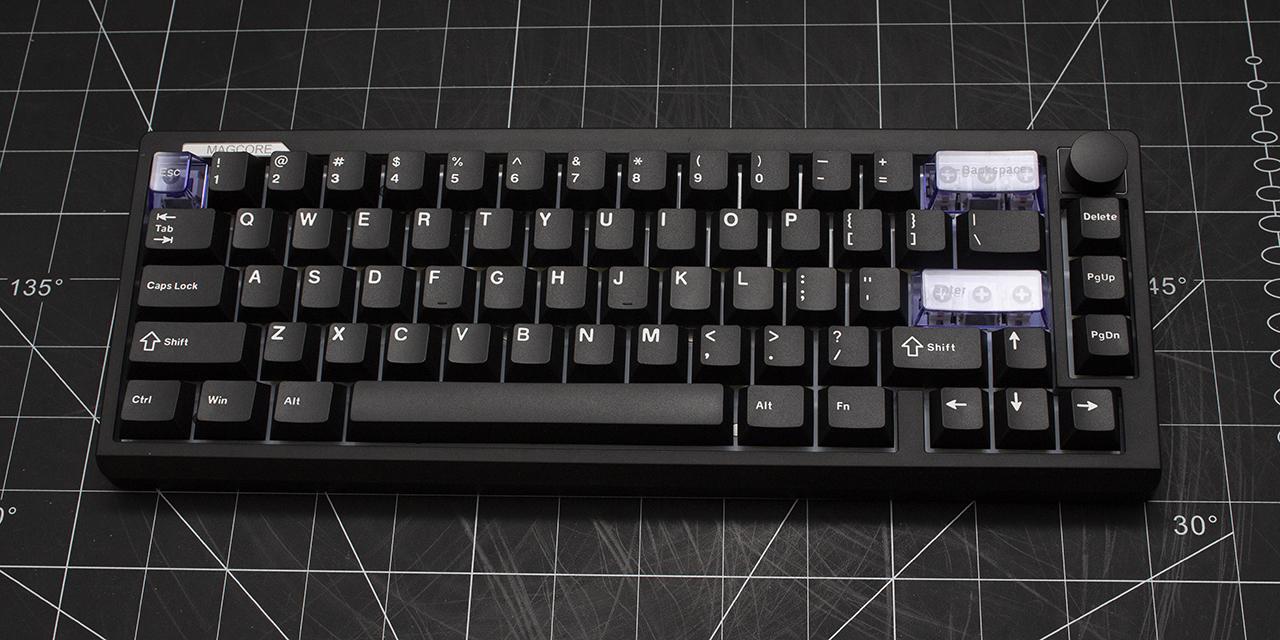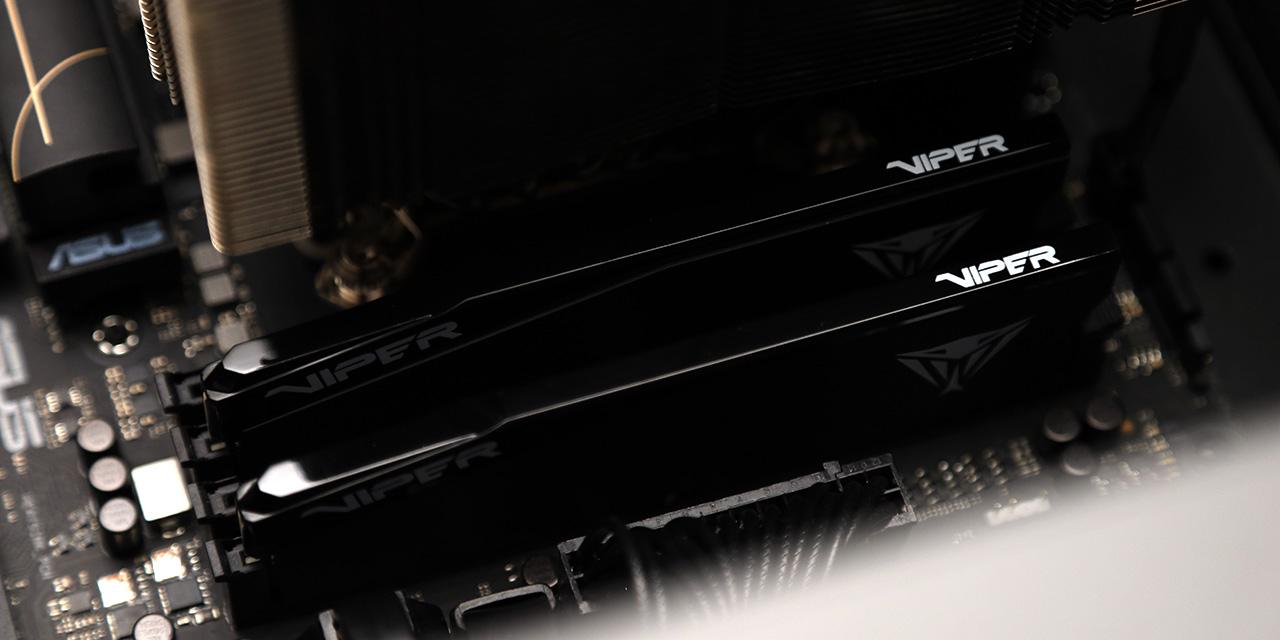From PC World: The hardware-based encryption built into popular Western Digital external hard disk drives has flaws that could allow attackers to recover data without knowing the user password.
A team of three security researchers investigated how the self-encryption feature was implemented in several popular Western Digital My Passport and My Book models. Depending on the type of microchip used for the encryption operation, they found design flaws and backdoor-like features that enable brute-force password guessing attacks or even decryption of the data without knowing the password.
In some cases they found that the encryption is performed by the chip that bridges the USB and SATA interfaces. In other cases the encryption is done by the HDD’s own SATA controller, with the USB bridge handling only the password validation.
The researchers tested WD external drive models with six different USB bridges from JMicron Technology, Symwave, Initio and PLX Technology. Due to implementation differences between the different chips, the discovered security issues varied from device to device, but they were all serious, the researchers said in a recently released paper.
The way encryption works in these drives is that a user-selected password is used to create a key encryption key (KEK). This is a cryptographic hash of the password generated with the SHA256 function.
View: Article @ Source Site





